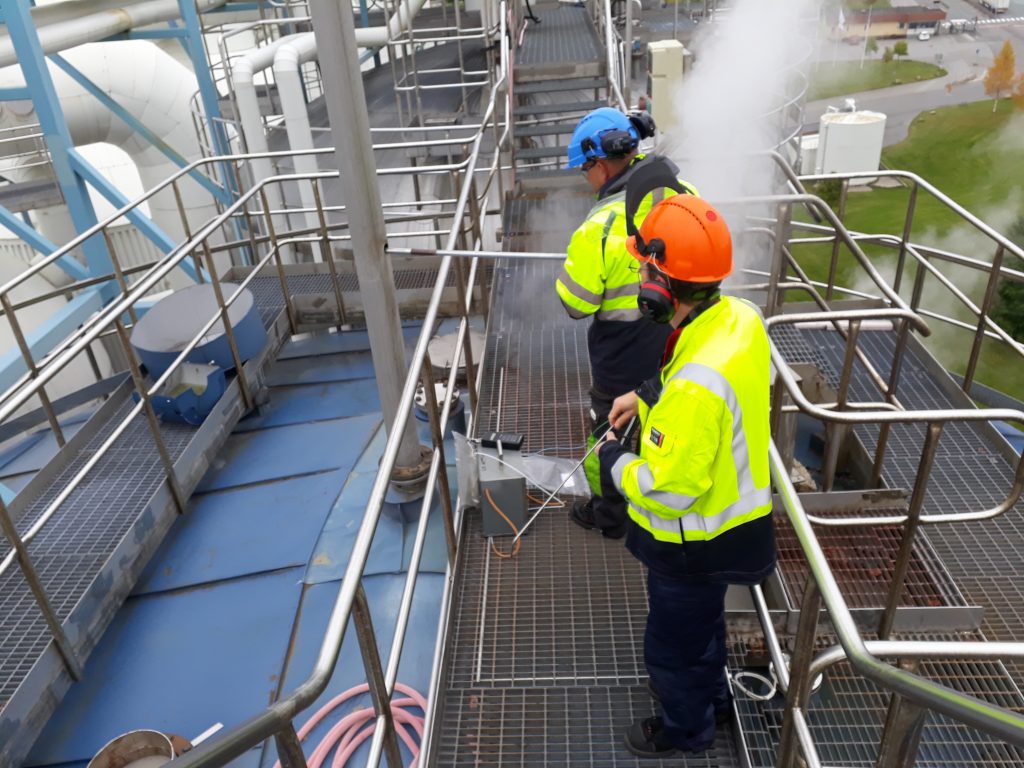
Features
Equipment & Systems
Pulp
Eurocon, MoRe collaborate for DNCG collection systems
Feb. 5, 2018 - Eurocon and MoRe Research are cooperating to offer analysis, mapping and system design for the collection and destruction of pulp mills’ diluted non-condensable gases, describing this as a “complete and simplified project process” for pulp mills.
February 6, 2018 By MoRe Research
 MoRe and Eurocon have developed for flow measurement methods as well as analyses of sulphur content in the pulp mills’ DNCG gases and also design of a technical solution.
MoRe and Eurocon have developed for flow measurement methods as well as analyses of sulphur content in the pulp mills’ DNCG gases and also design of a technical solution. The need for a cost-efficient way to collect and destruct of diluted non-condensable gases (DNCG) has increased due to tougher EU demands forcing the industry to use best available technology, BAT. According to EU directive 2010/75/EU, the requirements of the BAT conclusions must be met by September 30, 2018. All pulp mills must identify and quantify the emissions of DNCG and report how the requirements are followed or the plan how to follow them.
Based in Örnsköldsvik, Sweden, MoRe Research is a neutral and independent research and development company in the field of product and process development, mainly for the pulp and paper industry.
“What we usually call weak odorous gases are diluted total reduced sulphur gases containing a mixture of different sulphurous substances such as hydrogen sulphide, methylmercaptan, dimethylsulphide (DMS) and dimethyldisulphide (DMDS),” says Michael Sjögren, project engineer, MoRe Research. “The pulp mills can reduce the emission of malodorous gases by collecting the different emissions, e.g. at the recovery boiler, for combustion. However, in order to be able to dimension a plant for this, the size and composition of the gas streams must be determined and mapped.
“These diluted non-condensable gases are released from, for example, tanks, washing filters, chip bins, lime mud filters or drying machines. Together with Eurocon we have therefore developed flow measurement methods as well as analyses of sulphur content in the pulp mills’ DNCG. Based on the analysis results, Eurocon dimensions, designs and constructs a technical solution for an efficient gas collection for immediate destruction.”
“The pipe construction for these aggressive gases differs considerably from traditional pipe construction. In the case of non-condensable gases (NCG), the gases are moist, poisonous and explosive which puts demands on special competence regarding construction of piping for gas collecting systems,” adds Lars-Eric Myrman, manager process, Eurocon.
Print this page